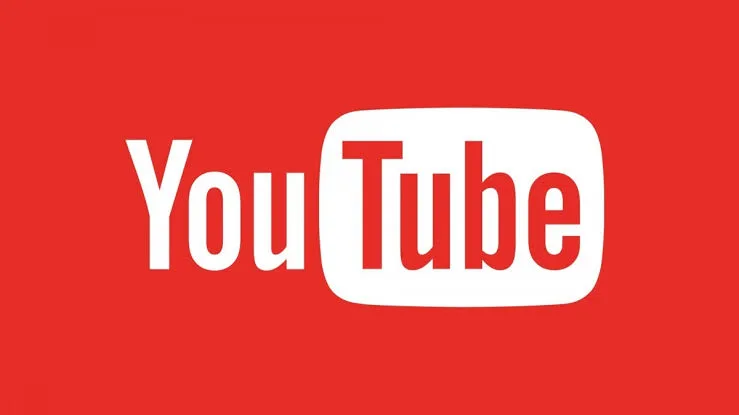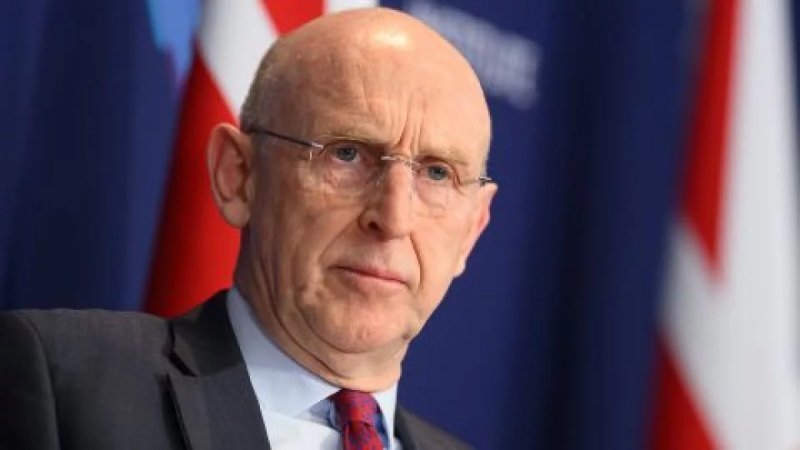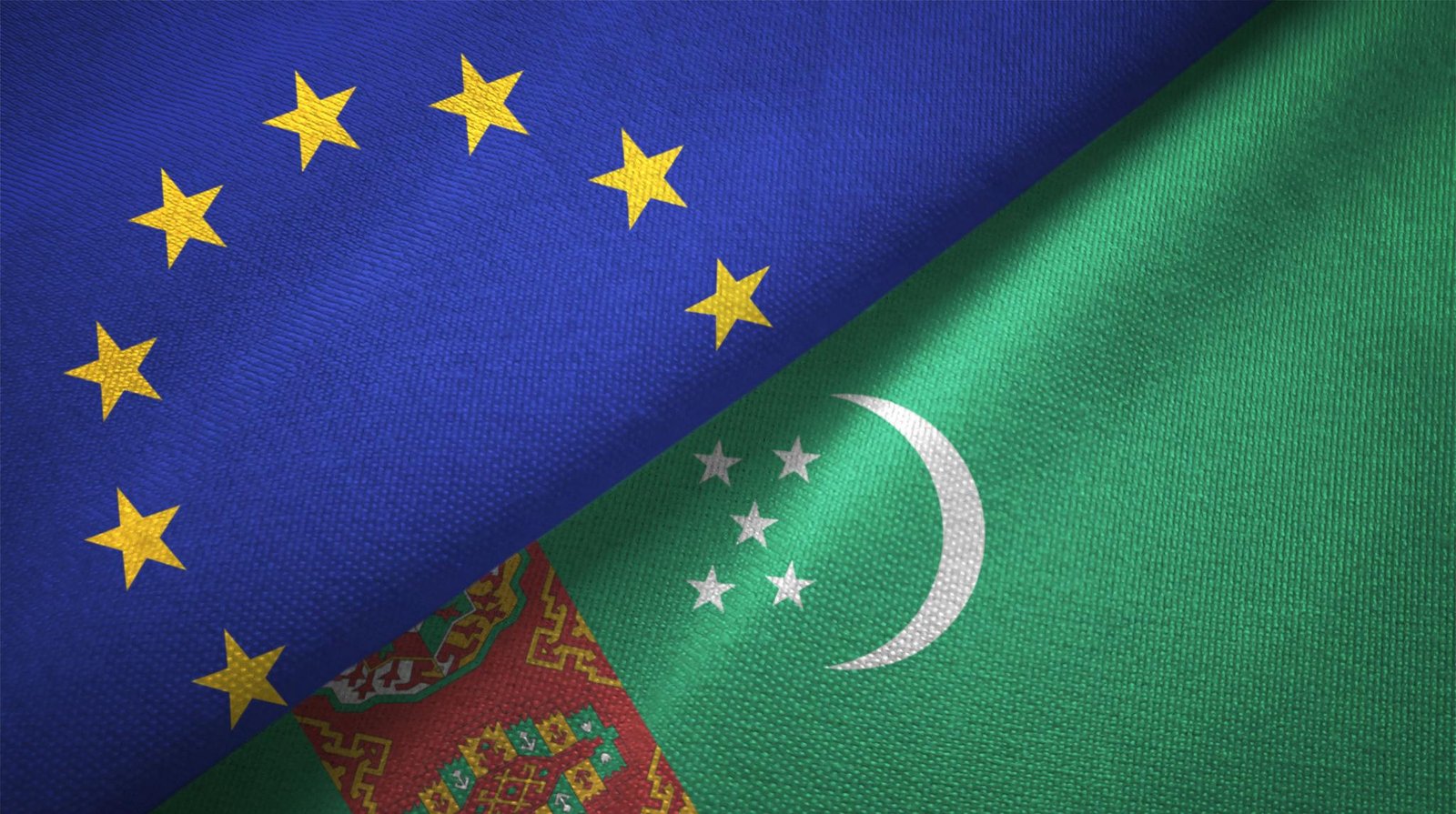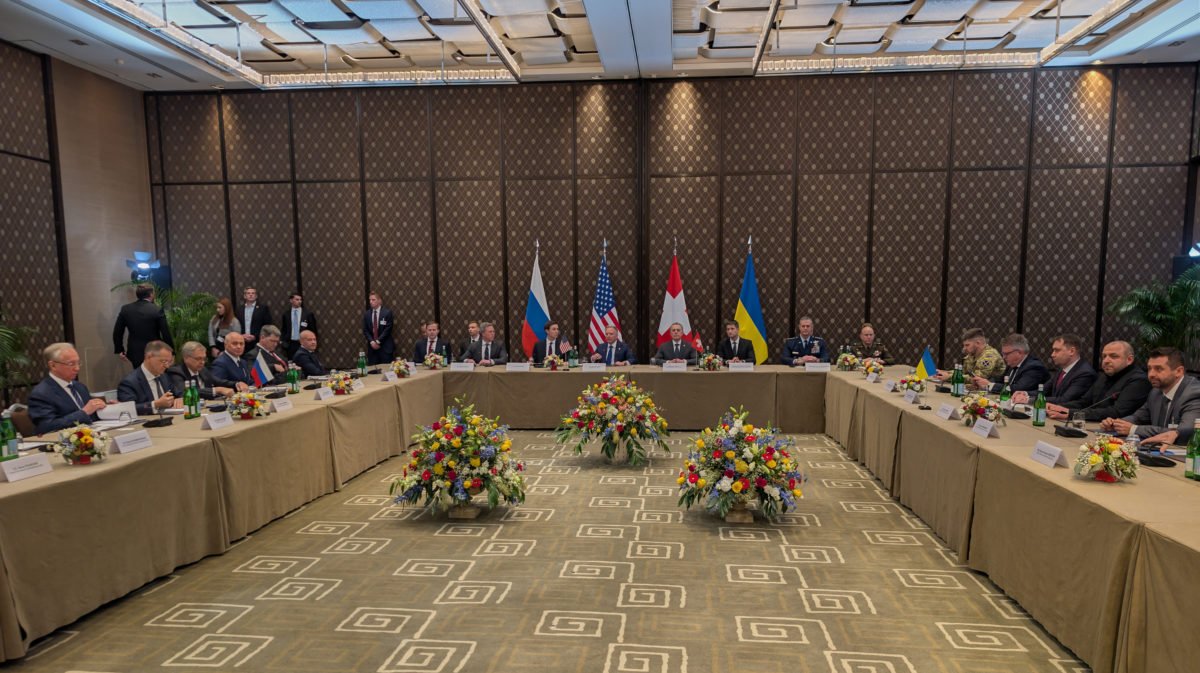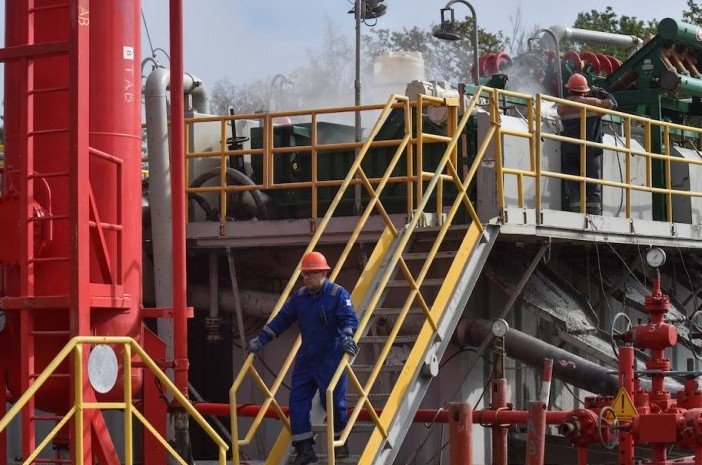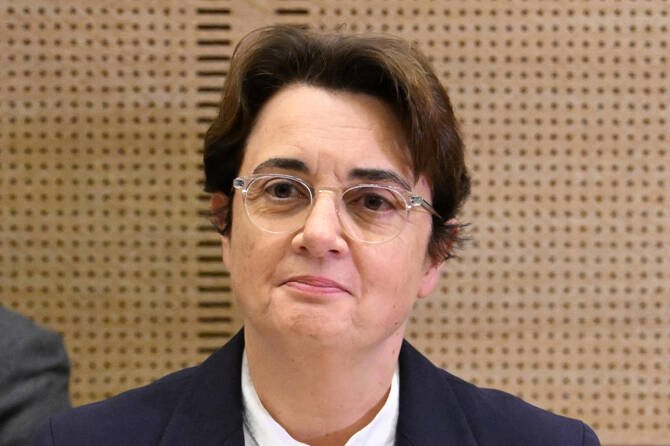Moscow, May 01, 2024, The Europe Today: The Russian media and digital watchdog, Roscomnadzor, disclosed that YouTube has failed to delete more than 60,000 pieces of content found to be in violation of Russian laws, reigniting tensions between Moscow and the US video-hosting platform amid Russia’s military campaign against Ukraine.
Since February 2022, Russian authorities have repeatedly demanded the removal of materials deemed unlawful by Moscow. However, YouTube’s non-compliance with these requests has drawn scrutiny from Roscomnadzor, prompting concerns over the dissemination of prohibited content on the platform.
In a statement to TASS on Tuesday, Roskomnadzor’s press office highlighted the persistent presence of illegal materials on YouTube, stressing that website owners are obligated to expeditiously remove such content upon request. The watchdog emphasized the urgency of addressing materials involving incitement of public unrest, extremism, and certain types of fake news, asserting that immediate action is imperative to uphold legal standards.
Failure to comply with removal requests could result in severe penalties, including fines amounting to 20% of a company’s annual revenue for repeat offenders, according to Roscomnadzor. The watchdog cited significant fines imposed on Google LLC, totaling 21 billion rubles ($220 million) in 2022 and 4.6 billion rubles in the previous year, underscoring the consequences of non-compliance with Russian regulations.
Google’s challenges in Russia escalated when reports surfaced in April 2022 that the company had neglected to settle outstanding fines, leading to the seizure of Google’s Russian accounts. Subsequently, a Moscow court declared Google’s Russian subsidiary bankrupt in October, following multiple penalties and liabilities incurred for its failure to adhere to Russian laws.
Despite these developments, free services such as Google’s search engine and YouTube remain accessible in Russia, reflecting ongoing tensions between regulatory authorities and multinational tech companies operating within the country’s digital landscape.
As the standoff between Roscomnadzor and YouTube persists, the fate of unlawful content on the platform and the implications for freedom of expression and regulatory oversight in Russia continue to garner attention both domestically and internationally.
